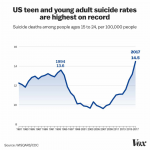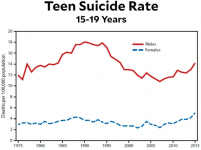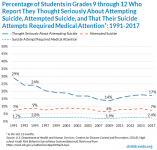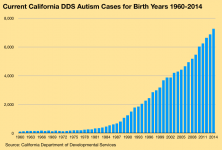Clinamenic
Binary & Tweed
I’m sure some of them have benefited from targeting marketing practices, but this seems too severe. I don’t think most public officials would be on board with the proliferation of mental illness and bodily dysmorphia, etc.This is partly why this stuff with Facebook rings so hollow. You've got career politicians feigning outrage at this company for manipulating and damaging the public as though they themselves haven't spent decades doing exactly the same.
There are all these newspapers and government figures and so on lamenting the uncertainty, the loss of trust and authority and the state of public discourse when it's a direct consequence of their own actions. They can't pin it all on Trump or Facebook or whoever else. This has been decades in the making.
If for no other reason than: where is the profit in compromising the mental health of young people? To turn them into more vulnerable subjects for the totalitarian surveillance state? I don’t think so, personally.




